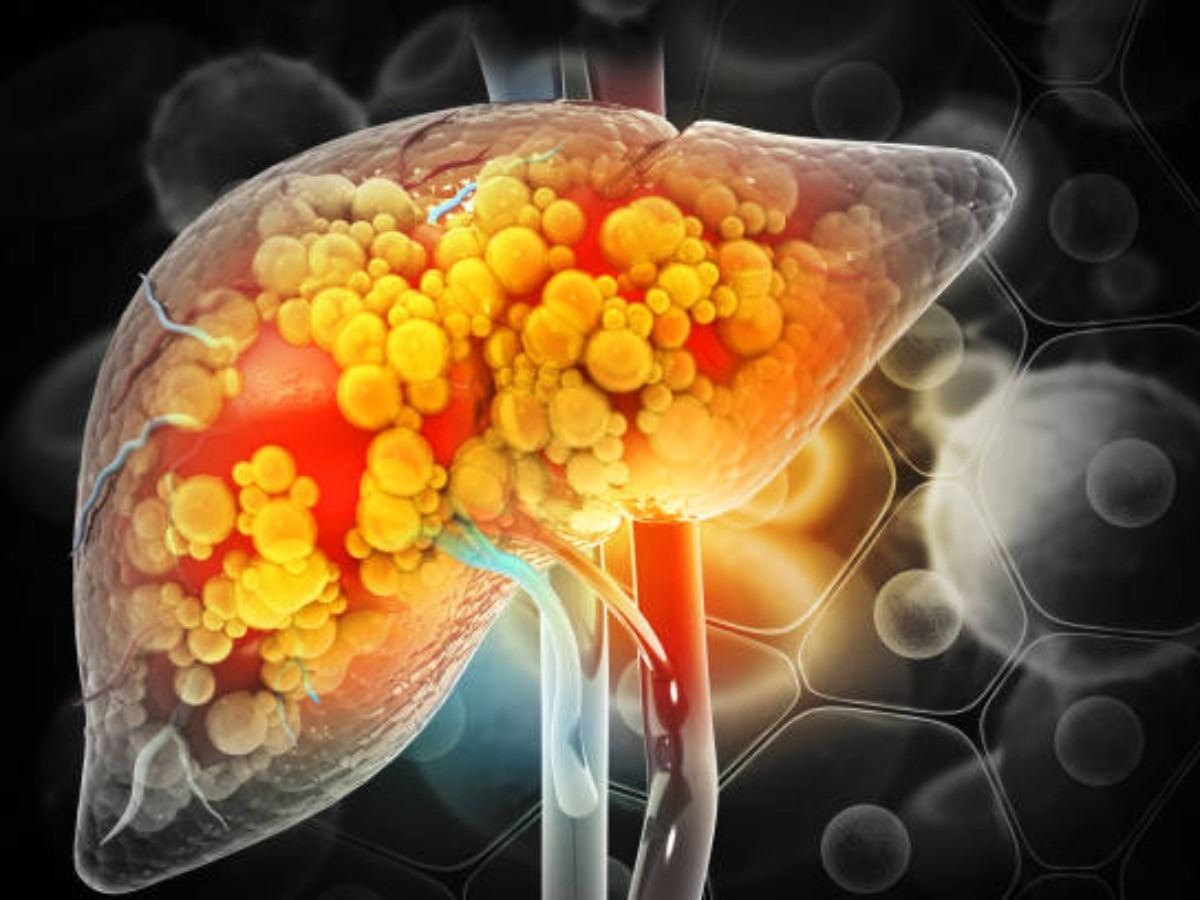 Liver Damage: Understanding the Risks and Protecting Your Health
Liver Damage: Understanding the Risks and Protecting Your Health
Navigating the Importance of the Liver in the Body
The liver, a vital organ, plays a crucial role in processes ranging from digesting food to eliminating toxins and maintaining blood flow. Understanding the risks associated with liver damage is essential for overall well-being.
The Impact of Liver Damage: A Silent Threat
Liver damage poses a significant danger to the body. Even though milder damage can be treated within weeks or months, severe damage leaves no option but replacement. Avoiding factors that harm the liver, such as poor diet and excessive alcohol consumption, becomes imperative.
Vitamin B3 and its Role in Liver Health
Unraveling Vitamin B3: A Key Player in Energy Conversion
Mayo Clinic defines niacin as Vitamin B3, a substance produced and utilized by the body to convert food into energy. Beyond energy conversion, it aids in maintaining a healthy nervous system, digestive system, and skin.
Daily Requirements of Vitamin B3
Harvard recommends a daily intake of 16mg for men and 14mg for women, while pregnant and breastfeeding women require 18mg and 17mg, respectively. Meeting these requirements ensures the body functions optimally.
Potential Risks of Vitamin B3 Overdose
While natural sources like yeast, dairy, meat, tortillas, and grains provide sufficient B3, supplementation without proper consultation may lead to an overdose. It’s crucial to be cautious when adding supplements to your diet.
Recognizing Signs of Excessive Vitamin B3 in the Body
Identifying symptoms such as dizziness, reddened skin, rapid heartbeat, itching, nausea, vomiting, abdominal pain, diarrhea, and gout can help detect an excess of Vitamin B3 in the body.
Protecting Your Liver: Signs of Danger and Regular Checkups
Routine Liver Function Panel Tests
To monitor liver health, regular liver function panel tests every six months are recommended. These tests reveal crucial information about any abnormalities associated with the liver.
A Proactive Approach to Liver Health
Understanding the importance of liver health and adopting preventive measures can significantly reduce the risks of liver damage. A balanced diet, moderate alcohol consumption, and regular checkups are essential for a healthier liver.
 Suspense Crime Sach Ka Dam
Suspense Crime Sach Ka Dam


